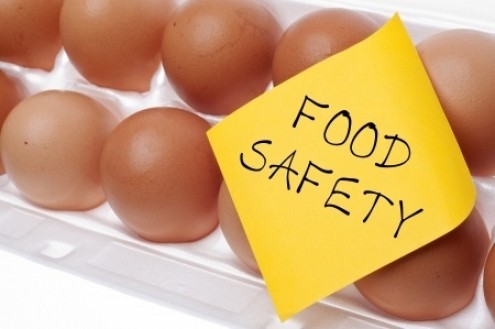The Center for Food Safety (CFS) is a national non-profit public interest and environmental advocacy organization working to protect human health and the environment by curbing the use of harmful food production technologies and by promoting organic and other forms of sustainable agriculture.
The CFS is also heavily involved in litigation against government organizations such as the FDA. The FDA currently allows for the details surrounding research, safety and efficacy of animal drugs to come from the manufacturer itself, rather than an independent research group. An example of the battle against this trend is the CFS's long-fought success in getting the FDA to withdraw the approval of arsenic-based feed additives, allowed in chickens, turkeys and pigs.
Listen in as Cameron Harsh, Senior Manager for Organic and Animal Policy at CFS, joins host Lisa Davis to explain the crucial work of the organization, as well as the positive strives it is making in ensuring food safety.

 As the Senior Manager for Organic and Animal Policy at Center for Food Safety, Cameron Harsh works to provide in-depth research and analysis, draft informational materials, and coordinate with other organizations for projects in the Organic & Beyond, Animal Factories, and International campaigns. His current work at CFS is focused largely on highlighting the environmental and public health consequences of industrial animal production, including the overuse of certain drugs, and promoting strong national standards for organic farming.
As the Senior Manager for Organic and Animal Policy at Center for Food Safety, Cameron Harsh works to provide in-depth research and analysis, draft informational materials, and coordinate with other organizations for projects in the Organic & Beyond, Animal Factories, and International campaigns. His current work at CFS is focused largely on highlighting the environmental and public health consequences of industrial animal production, including the overuse of certain drugs, and promoting strong national standards for organic farming.